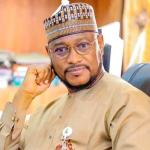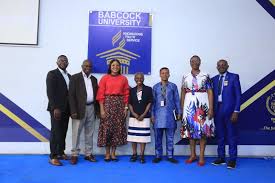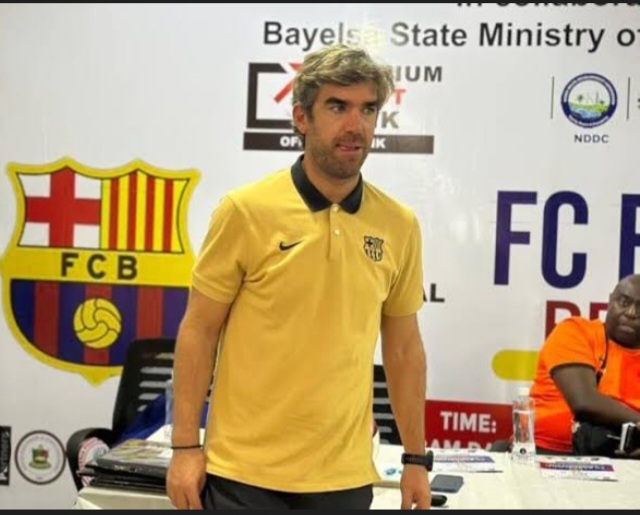WHO: 47 African countries kick off Health Ministers Regional Forum

Forty seven, 47, African Ministers of health, gathered in the Zambian capital, Lusaka on Monday, to open the Seventy-fifth session of the World Health Organization, WHO, Regional Committee for Africa, the highest decision-making body on health on the continent.
The Ministers, drawn from countries of the WHO African Region, meeting is scheduled for 25 to 27 August 2025, to deliberate and address measures and challenges of the region as well as endorse key resolutions to improve and promote people’s health.
Opening the meeting in Zambia, the country’s President, Hakainde Hichilema noted that lessons from the COVID -19 pandemic were crucial in strengthening health diplomacy to address inequalities, calling on regional leaders to position health as a driver of regional trade and industrialization, and to harmonize public health regulations across countries.
The President also called for collaboration and a commitment to humanity in making decisions that enhance health and well-being across the region.
In his contributions, the host country Minister Health, Dr Elijah Muchima called for united action and deeper collaboration to address the continent’s health challenges.
He said: “The complexities of today’s health threats demand that we stand united. No single nation can overcome these challenges in isolation.
“We must deepen regional collaboration, share best practices, harness African expertise and innovation, and build long‑term resilience across borders. The outcomes of this Session will guide our collective action towards a more secure, equitable, and sustainable future for all.”
On his part, WHO Director-General, Dr Tedros Adhanom Ghebreyesus said the Seventy-fifth session of the WHO Africa Regional Committee, “comes at a vital time for the continent and WHO, as we chart a more sustainable future for the health of all Africans.
“WHO is working in lockstep with African nations to overcome financial and security challenges many faces, and to capitalize on the great potential Africa offers in health.
“Our goal is clear; to support our Member States in Africa, in their drive to build robust national health systems, built on self-reliance, efficacy and a commitment to deliver health for all.” Dr Tedros stated.
WHO Regional Director for Africa, Dr Mohamad Janabi, underscored the importance of collaboration among countries to lead the transformation of health architecture to be, accountable, transparent and responsive to African realities, calling for robust health systems to serve the needs of the people.
“We must reframe health not as a cost, but cornerstone of prosperity; we must build systems that are efficient, inclusive and sovereign and we must place people especially the most vulnerable at the centre of every policy, programme and partnership,” he said.
The Ministers will deliberate on priority issues. They will adopt a resolution to fast-track progress on oral health, long neglected despite affecting millions, to ensure improved services across the region by 2030, according to a statement, by the Ministry of Health.
Delegates will also debate on how to end chronic blood shortages that endanger mothers, children and patients with sickle cell disease, with a new plan to modernize supply systems and expand voluntary donations.
The meeting will consider strategies to expand access to rehabilitation services, which remain unavailable to two-thirds of Africans in need, and to transform care for women, children and adolescents an area where the region still accounts for 70% of global maternal deaths.
Ministers are expected to review proposals to accelerate progress against malaria, which continues to claim thousands of lives in Africa, and to close the continent’s critical health workforce gap, currently less than half the global standard.










